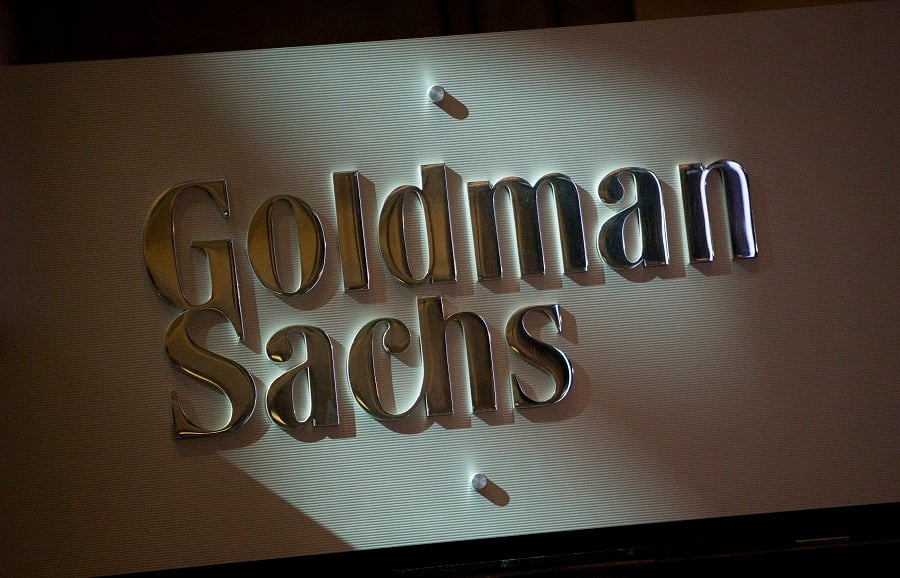Joe Duran's long-rumored search for additional investment in
United Capital Financial Partners seems to be concluding with a
sale to Goldman Sachs Group.
There are still a lot of questions surrounding the deal's specifics and what it means for United Capital advisers and the third-party firms using the FinLife Partner technology suite, but it's very easy to see how this purchase makes sense for Goldman.
[
More: Joe Duran has a game plan, and anyone can play]
Before getting into why, it should be noted that neither company has officially confirmed the acquisition is happening. Neither has responded to a request for comment, and
other outlets have reported the deal isn't complete and could still fall apart.
But on paper, the move fits nicely alongside several other Goldman has made to grow its footprint in the retail investor market. Though the company has a private bank, Goldman made its name as an investment bank and asset manager for large institutions.
The firm
laid out a plan in July to bring in $5 billion in new revenue over three years, with new clients in its investment management division driving growth. Goldman has
acquired a couple of personal finance apps and in May shifted Marcus, its online bank offering high-yield savings accounts and personal loans,
to the investment management side.
Consumers can open a Marcus bank account with as little as $5,000. By combining Marcus with United Capital, Goldman can give Marcus clients access to financial planning and advice while offering United Capital clients access to high-yield savings, an
increasingly popular feature among robo-advisers and traditional RIAs.
(More:
Carson Group advisers will soon be able to offer clients banking accounts)
With one acquisition, Goldman goes from having a nearly nonexistent presence among mass affluent investors to being a major provider, all without having to open any branch offices. Don't forget, it is also the bank behind
Apple's new credit card.
"Goldman has positioned themselves BEAUTIFULLY for the future of financial services all while maintaining their brand with UHNW," SS&C Advent strategist Kyle Van Pelt said
on Twitter.
Mr. Van Pelt also pointed out Goldman's
recent acquisition of Standard & Poor's Investment Advisory Services to help package together Goldman funds into model strategies. United Capital's technology can help bring new mass affluent customers onto the models.
Any of the $25 billion in assets managed by United Capital's RIA, United Capital Financial Advisors, that moves over to those models is just
icing on the cake, Mr. Van Pelt said.
What remains to be seen is how United Capital's human financial advisers react to the acquisition. Will Goldman force them into the wirehouse brokerage model? How hard will Goldman push its proprietary products on advisers accustomed to acting as independent fiduciaries, or influence service models?
It's possible Goldman tries to make everyone at United Capital a W2 employee, but the market that United Capital serves is a brand new one for Goldman. If the company wants to grow that segment, it makes sense for United Capital to continue to operate as is.
Goldman could give advisers access to its own funds and models without mandating advisers to implement them. United Capital's existing revenue stream takes some of that pressure off.
"It could absolutely be that Goldman is going to use this scale of an acquisition to transplant fiduciary capabilities and DNA into their organization," said
Riskalyze CEO Aaron Klein. "My prediction is they don't brand it Goldman wealth management. Do they keep the United Capital name? Or meld it with Marcus?"
The worst news could be for third-party RIAs using the FinLife Partners technology platform. The company boasts $25 billion in assets under contract on FinLife Partners, but it's unclear how much revenue that generates for United Capital. If United Capital charges 25 basis points on every dollar, it would bring in just $62.5 million. Not bad, but probably not a driving force of the deal.
Goldman could decide there is more value in cutting off third-party partnerships and making FinLife technology a proprietary product.







